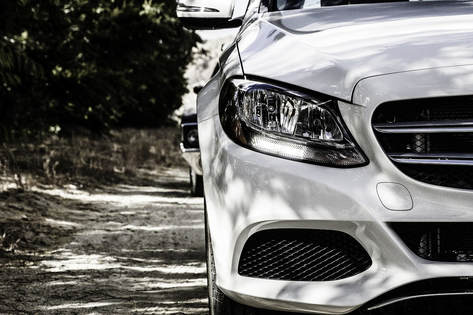
as the first vehicular accidents occur. While recent accidents are either still under investigation or have been settled out of court, the question arises: will driverless cars put an end to lawsuits?
First of all, current autonomous technology isn't really driverless as the driver is required to monitor the road and keep his hands on the wheel in order to take over control if and when directed. Secondly, true vehicle automation is projected to take another ten years of technological advances so, at this point, answers in regards to litigation are speculative.
That being said, in the past decade Google has logged over 500,000 miles on their “driverless” vehicles without a single accident so part of the answer may be in preventive driver training before vehicle purchase. The National Highway Traffic Safety Administration (NHTSA states a full 94 percent of accidents are due to driver error so autonomous vehicles should sharply reduce the number of crashes and corresponding lawsuits. In fact, it already has, in the form of anti-lock brakes, electronic stability control systems, and voice-controlled GPS systems.
More than likely the legal system regarding vehicular accidents will evolve with the self-driving industry. Rather than liability being placed solely on the driver there will inevitably be some crashes attributed to the vehicle control system. In those cases, product liability laws, the legal framework used to determine if a defective product caused damages, may provide the basis for seeking legal remedy for property damages, personal injuries, and deaths from driverless car crashes.
 RSS Feed
RSS Feed